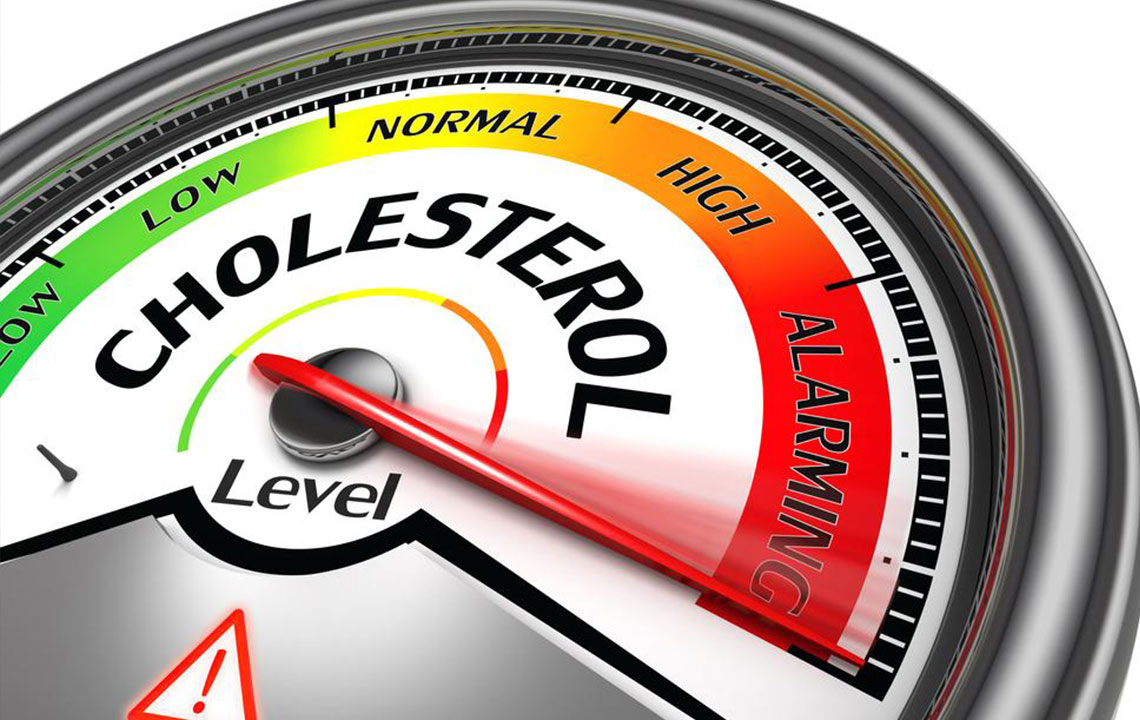Essential Heart Health Insights for Women
This article highlights crucial heart health facts for women, emphasizing the importance of recognizing subtle symptoms, understanding hormonal influences, and the need for gender-specific research for accurate diagnosis and effective treatment. It stresses that women’s heart conditions often present differently than men's, making awareness vital for early intervention and improved health outcomes.

Essential Heart Health Insights for Women
Maintaining heart health is crucial and often overlooked. Factors like stress, anxiety, high blood pressure, and elevated cholesterol levels significantly increase the risk of heart disease in women.
Since men's health research does not always apply to women, women’s cardiac health requires dedicated study. Misdiagnosis can occur when diagnosis relies on male-centered data, emphasizing the need for research tailored specifically to women's health for accurate diagnosis and treatment.
Here are vital heart health facts every woman should know:
Subtle Symptoms: Women often experience milder heart attack symptoms compared to men, such as anxiety, stress, chest discomfort, breathing issues, persistent fatigue, or pain below the left shoulder blade. Because these signs are less dramatic, they can be easily overlooked or misdiagnosed.
Effects of Heart Conditions: While symptoms may be subtle, the consequences of untreated heart problems tend to be more severe in women, impacting overall health more significantly over time. Age-related worsening of heart conditions can lead to substantial health declines.
Role of Estrogen: High estrogen levels during reproductive years help regulate cholesterol. Post-menopause, estrogen decreases, raising bad cholesterol (LDL) levels and increasing cardiovascular risk.
Heart Size and Risks: Women's smaller heart size and thinner arterial walls increase susceptibility to blockages when cholesterol levels rise, making women more vulnerable during heart episodes.
Understanding Angina: Angina symptoms in women are often mild and mistaken for gastrointestinal issues, unlike the more dramatic attacks seen in men. This can delay diagnosis and treatment.










